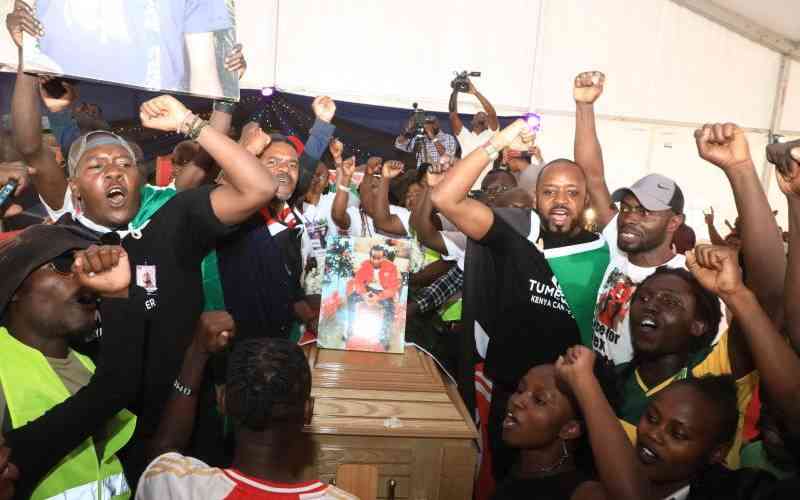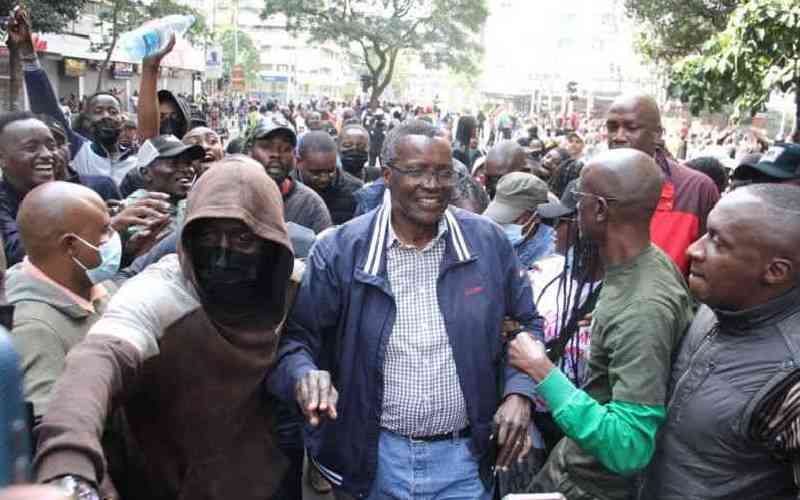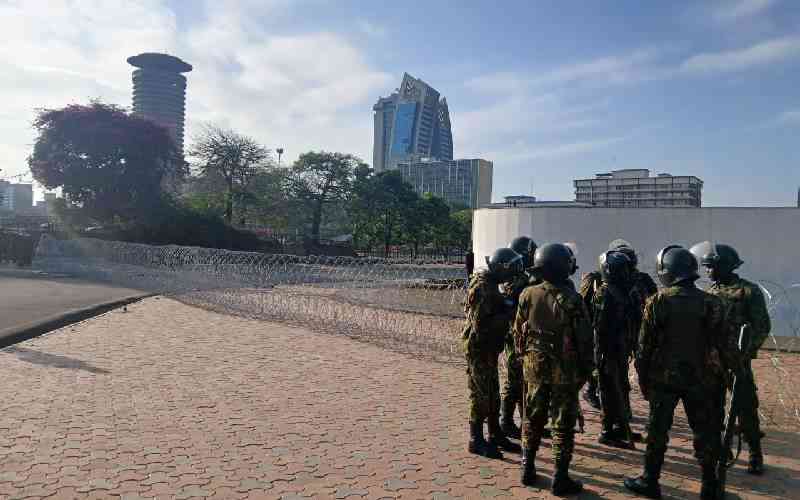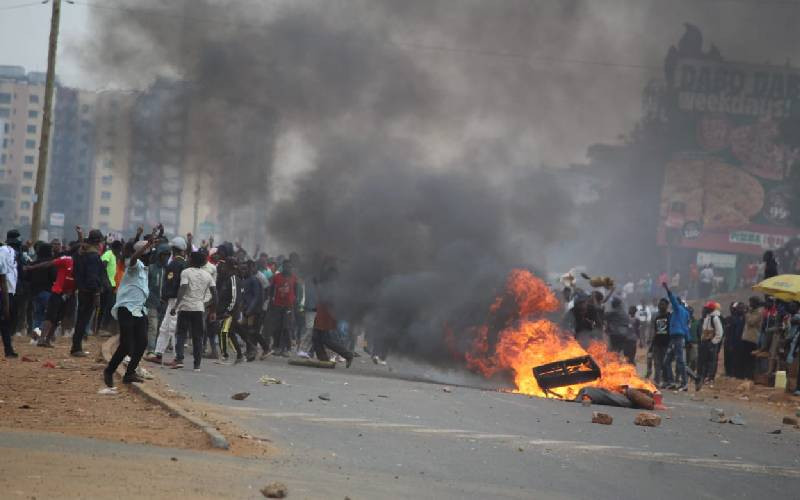
Rights groups have demanded that the Communications Authority of Kenya withdraw its directive stopping live coverage of ongoing protests, calling the move unlawful and unconstitutional.
The demand was issued by the Law Society of Kenya, Kenya Medical Association, Amnesty International Kenya, Katiba Institute, Defenders Coalition, Independent Medico-Legal Unit, International Commission of Jurists (Kenya section), and the Social Justice Centres Working Group.
The authority had instructed media houses to halt live broadcasts, citing Article 33(2) of the Constitution, which limits expression involving war propaganda or incitement to violence.
In a joint statement, the groups said the directive disregards a 2024 court ruling that blocked similar interference with media content.
“This is not just unlawful. It is contempt of court and a threat to constitutional freedoms,” said the organisations.
They also warned that internet shutdowns would breach conservatory court orders issued in 2023 in a case filed by the Kenya Editors Guild.




“Live coverage helps people understand events as they unfold and reduces the risk of misinformation,” the statement read. “Banning it creates an information vacuum and puts lives at risk.”
The groups noted that medical teams have already faced delays reaching injured people during the protests. Protesters, bystanders and police officers have all required emergency care.
“Access to health services is now under threat,” the organisations stated. “This violates Article 29, which guarantees personal safety.”
Former Attorney General Justin Muturi also criticised the directive, calling it “unacceptable and unconstitutional.” In a series of tweets on Wednesday, June 25, Muturi accused the authority of using national security as a pretext for censorship.
“I have seen reports that the Communications Authority has banned live broadcasts on TV and radio. Let me be clear, this is a direct assault on our constitutional order and cannot stand,” said Muturi.
He cited Articles 33 and 34 of the Constitution, which protect free expression and media independence.
“What the Communications Authority is doing is not only unconstitutional, it is dangerous. You cannot suppress the truth or silence the voices of the people by switching off the microphones and cameras,” he warned.
Muturi questioned the timing of the directive, issued as protests intensified across the country to mark one year since the deadly 2024 anti-finance bill demonstrations.
“Now, with protests happening across the country, one must ask, why now? If this blackout is a calculated move to conceal atrocities or to do the unthinkable under the cover of silence,” he said.
Stay informed. Subscribe to our newsletter
He concluded, “Kenya is a democratic state, not a dictatorship. Let the truth be seen and heard.”
On Wednesday, police deployed barricades, armoured vehicles and blocked key roads in parts of Nairobi’s Central Business District.
The rights groups urged media outlets to stay guided by the Constitution and court rulings and said they will seek legal redress if the directive is not withdrawn.
“Live broadcasts allow Kenyans to see both law enforcement and protesters in real time,” the groups stated. “They help deter abuse and uphold accountability.”